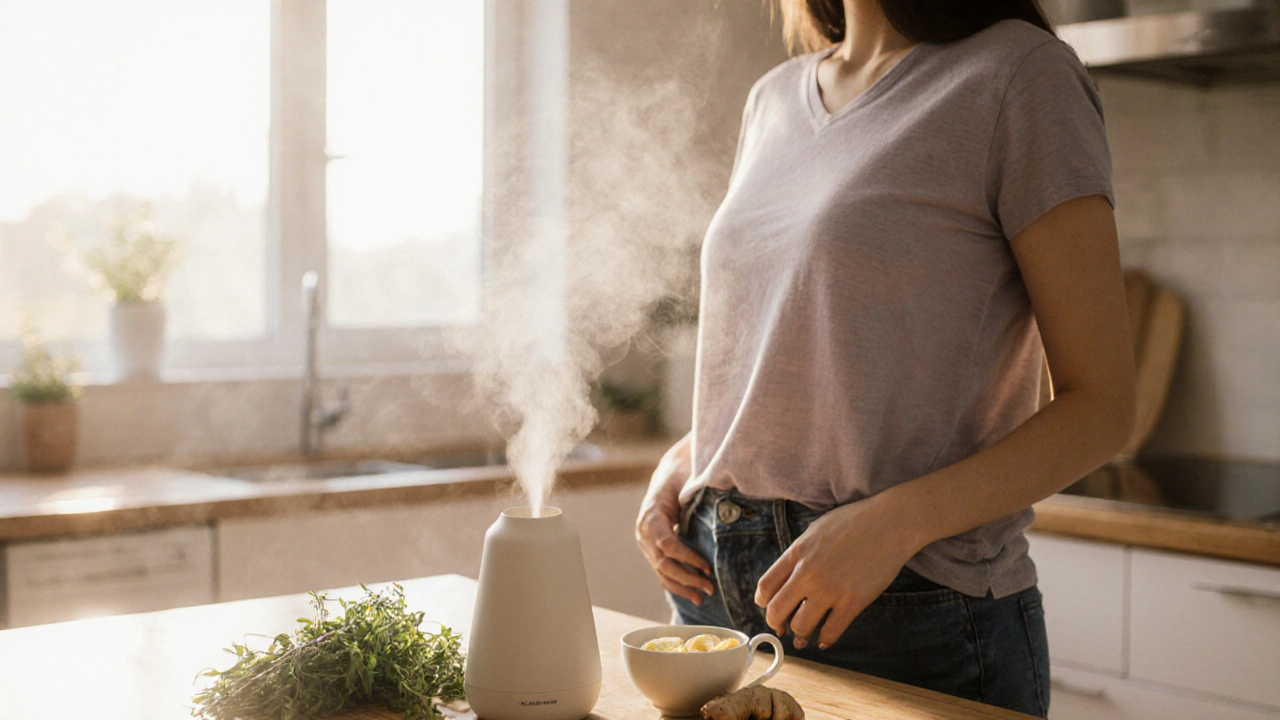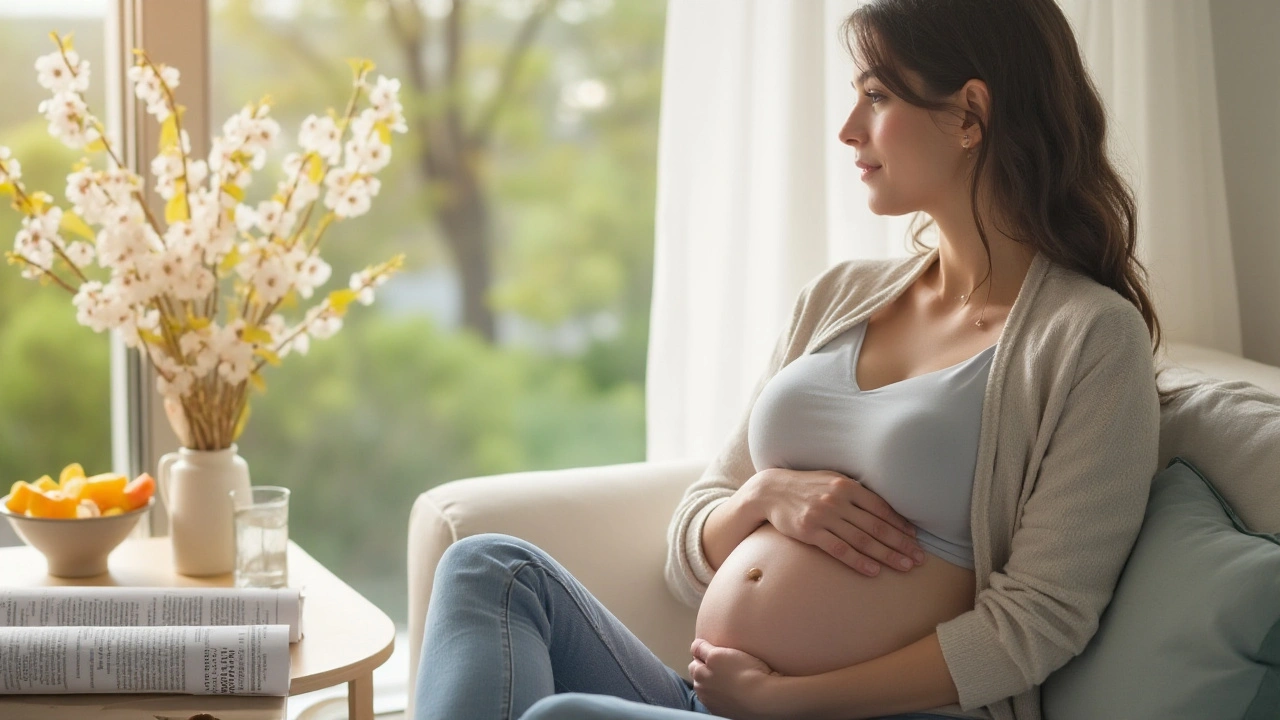Diverticulitis: Simple Guide to Symptoms, Treatment, and Prevention
Diverticulitis has a way of sneaking up and throwing your gut for a loop. If you’ve ever felt sudden, intense pain in your lower left belly, with maybe some fever or nausea thrown in, you're not alone—this stuff is surprisingly common, especially as we get older.
So, what exactly is diverticulitis? It starts with tiny pouches (diverticula) that form in your colon. If one of them gets inflamed or infected, you get diverticulitis. Not fun. People often ask, “Why does this even happen?” Some blame years of low-fiber diets and straining on the toilet. Others point to genetics or gut bacteria. Real-world answer: you probably can’t pinpoint just one cause, but high stress and low fiber sure don’t help.
Spotting the symptoms early makes a huge difference. We're talking about sharp cramps (usually on the left), fever, constipation, or sometimes the opposite—diarrhea. Some folks get chills. If it keeps up or you spot blood in the toilet, that’s your sign to call your doctor, fast. Complications like abscesses or even a burst colon are rare but serious.
Treatment isn’t all scary hospitals and IV lines. Most mild cases clear up at home, following a short course of antibiotics, clear liquids, and rest. The old advice of “no seeds, no nuts” is outdated—studies say these foods don’t make things worse. What really matters? Gradually adding more fiber to your diet once things settle, keeping up with hydration, and not ignoring bathroom urges. If things get bad, you might need stronger meds or (very rarely) surgery, but that’s not where most people end up.
Prevention is more doable than you’d think. Fiber is your friend here: fruits, veggies, whole grains, and plenty of water. Regular movement keeps your colon happy. If you’re on medications that make constipation worse—like certain painkillers—talk with your doctor about alternatives. And remember, stress can make gut issues flare, so finding ways to chill can also help more than you’d guess.
Worried about long-term risks? Most people recover fully between flare-ups, and tons find relief by adjusting everyday habits. Still, always check in with your doctor if your symptoms change, get worse, or if you have other conditions like diabetes or immune issues. Real-life gut health isn’t about chasing magic cures; it’s about steady, simple changes that add up over time. The sooner you start, the less likely you are to get caught off-guard again.
Looking for more specific tips and updates? PharmaInsight has you covered with the latest research—so you won’t miss any practical tools to manage your gut health for the long haul.
Aromatherapy for Diverticulitis: Can Essential Oils Ease Your Symptoms?
Explore whether aromatherapy can ease diverticulitis symptoms, learn the best essential oils, safe usage tips, and when to seek medical care.
Read moreUnderstanding Diverticulitis Risks During Pregnancy: Precautions and Insights
Pregnancy is a time of joy and anticipation, yet it comes with its own set of health challenges. One uncommon but significant concern is diverticulitis, a digestive condition that can pose risks during pregnancy. Understanding the symptoms, potential complications, and precautions is vital for expectant mothers and their healthcare providers. With the right information and strategies, managing diverticulitis during pregnancy can be navigated safely, ensuring the well-being of both mother and baby.
Read more

